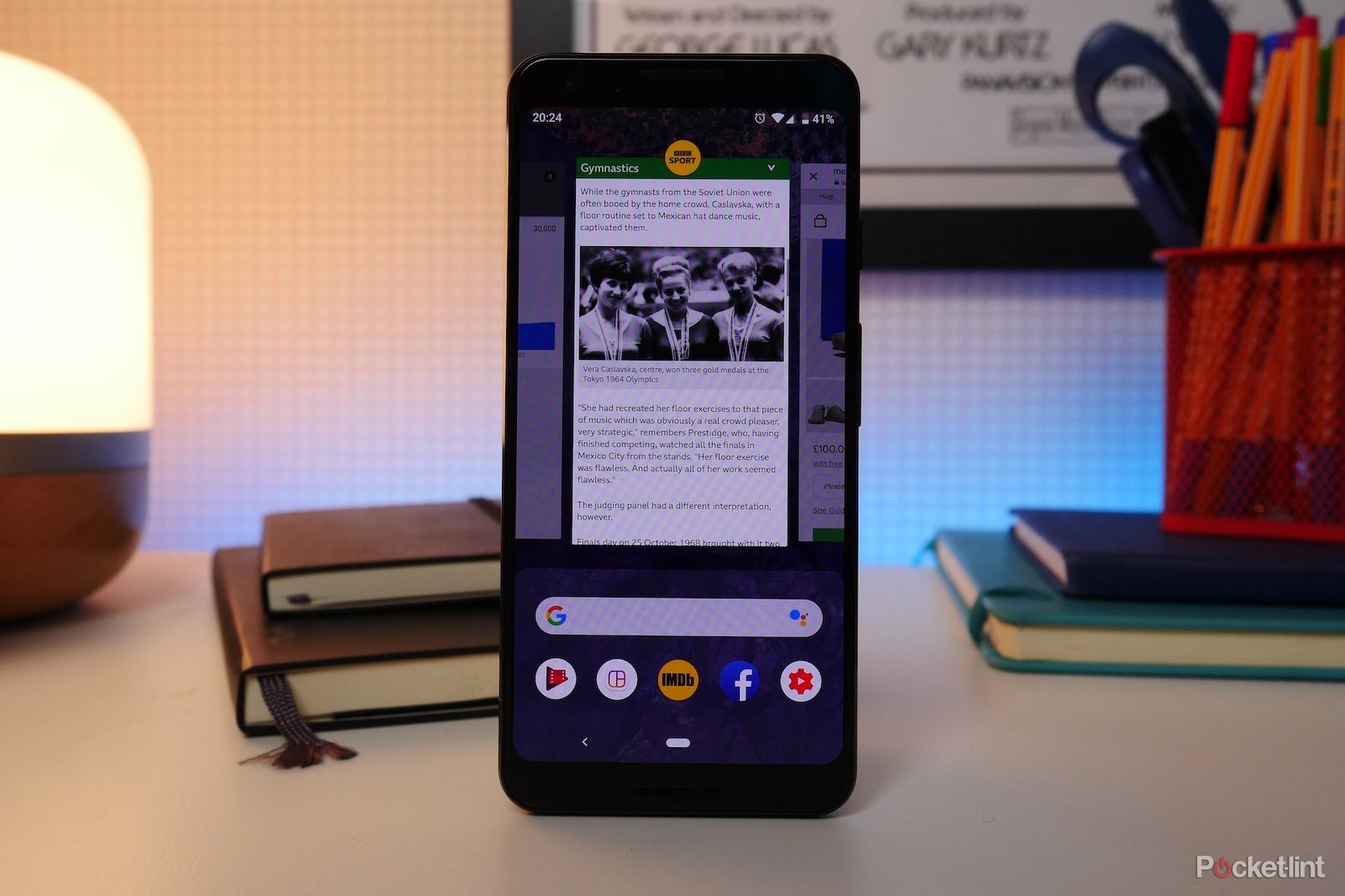The beta version of Android Q will be available on more devices than even Android Pie, according to Iliyan Malchev, an Android developer working for Google.
Details, as vague as they were spilled on the Android Developers Backstage podcast, and picked up by the ever observant eyes at XDA-Developers.
Malchev, a Google employee, stated that what enabled the company to offer beta versions to other manufacturers ahead of official release was something called Project Treble.
Essentially, it's part of the core OS code, that makes it easier for OEMs to roll out software updates. The idea being that people who buy non-Pixel devices wouldn't have to wait so long for new software to rollout, and potentially miss key security updates or new features.
With Android Pie in 2018, this mean manufacturers like Sony, Oppo, OnePlus, Nokia, Essential and Xiaomi were able to join the early beta phase and have the new software available to try, weeks before it was released publicly.
For 2019 and Android Q, that list is growing further. Malchev stated "...when we did the first beta, we had all these companies lined up and that was really that amazing. The number is bigger for the upcoming Android release, which I am very happy about. I cannot share the exact numbers yet. But the trend is positive and strong, and I am very happy about this."
With Android Q still officially under wraps, not many details are known for sure about what we can expect from it in terms of new features.
Leaks have suggested we're going to see a system-wide dark mode, which does more than just darken the app drawer and quick settings tile. It's also been suggested that we'll see built in native support for screen recording, as well as a desktop mode, perhaps similar to Samsung's DeX.
One genuine mystery is what Android Q will be called. With very few desert or sweet treat names to choose from beginning with the letter Q, we're interested to see what the creative minds at Google will come up with.
Android Q will almost certainly be unveiled at the annual Google I/O conference in late Spring/early Summer. If it's similar to Android Pie in release schedule, we might even seen the first developer previews landing very soon.

